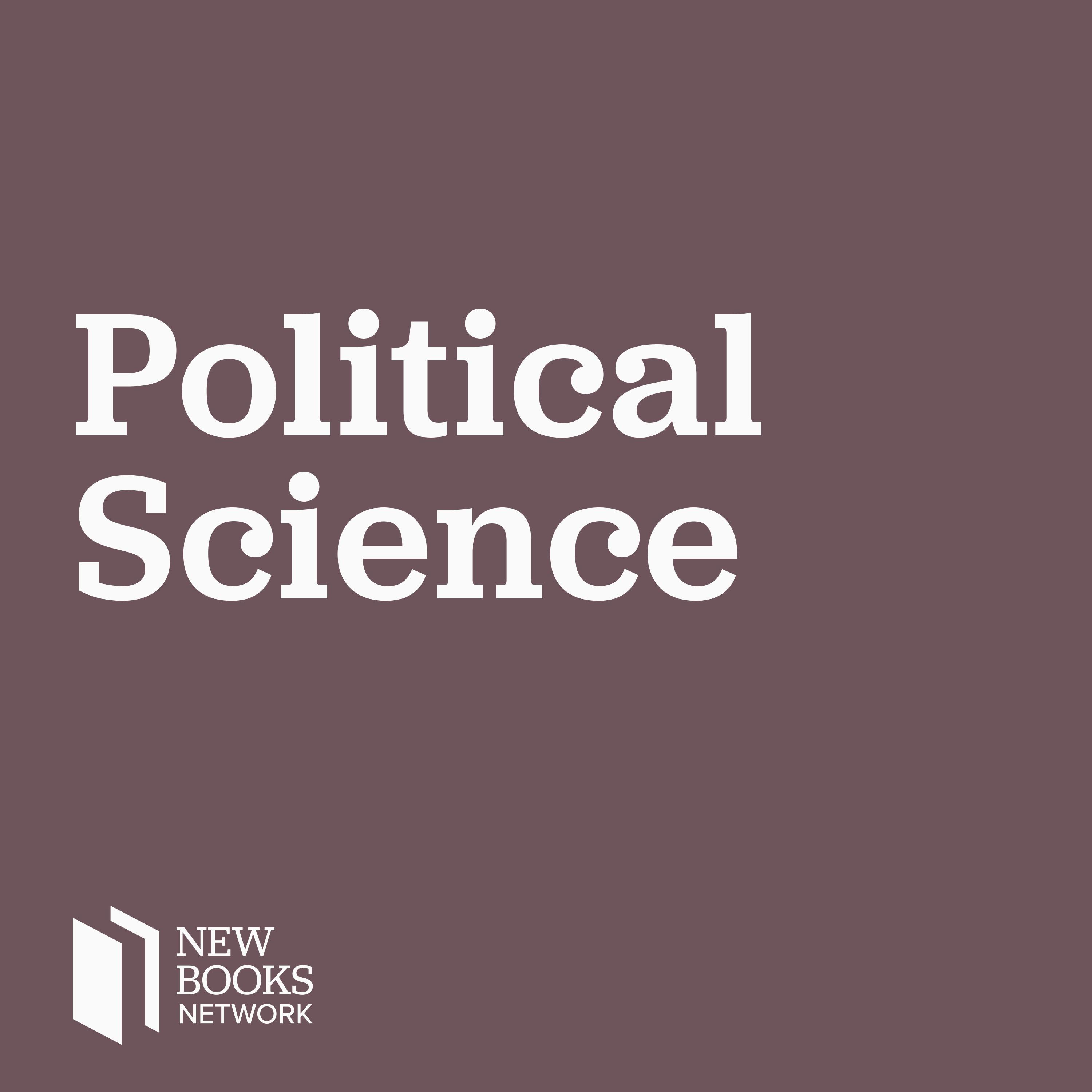Social media’s business model is changing democracy, and not for the better
Description
Democracies in Europe and the world over are grappling with the challenges posed by social media. In this episode, Charlotte Galpin and Verena Brändle talk with host Licia Cianetti about the multiple ways in which the online and the offline intersect in contemporary democracies, and how the engagement-maximising business model of privately owned social media platforms drives polarisation, undermines the quality of traditional media, and pushes extreme content onto unsuspecting users. There is no easy solution, but democracies must grapple with this new reality.
Charlotte Galpin is Associate Professor in German and European Politics at the University of Birmingham.
Verena Brändle is Assistant Professor in Political Science and International Studies at the University of Birmingham.
Licia Cianetti is Lecturer in Political Science and International Studies at the University of Birmingham and Deputy Founding Director of CEDAR.
The People, Power, Politics podcast brings you the latest insights into the factors that are shaping and re-shaping our political world. It is brought to you by the Centre for Elections, Democracy, Accountability and Representation (CEDAR) based at the University of Birmingham, United Kingdom. Join us to better understand the factors that promote and undermine democratic government around the world and follow us on Twitter at @CEDAR_Bham!
Learn more about your ad choices. Visit megaphone.fm/adchoices
Support our show by becoming a premium member! https://newbooksnetwork.supportingcast.fm/political-science
More Episodes
This week, RBI Director John Torpey speaks with Amos Goldberg, Professor of Holocaust History at the Department of Jewish History and Contemporary Jewry at the Hebrew University of Jerusalem, about the ongoing war between Israel and Hamas. Among other rhetorical aspects of the conflict, Goldberg...
Published 05/01/24
When we think of censorship, our minds might turn to state agencies exercising power to silence dissent. However, contemporary concerns about censorship arise in contexts where non-state actors suppress expression and communication. There are subtle and not-so-subtle forms of interference that...
Published 05/01/24
Published 05/01/24


